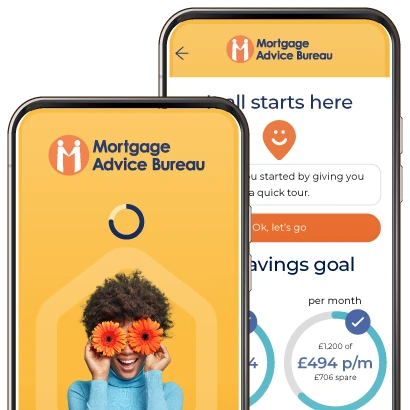If you're self-employed, the mortgage application process may seem like it presents unique challenges, but with the right advice - the application process can be straightforward. At the end of the day, you need to prove the same things that a traditionally employed person would when they're applying for a mortgage. As long as you're well-organised and have a good grasp of your finances, you shouldn't encounter many obstacles.
Understanding your finances
As a self-employed individual, it is crucial to have a clear understanding of your financial situation. Organise your accounts, gather necessary documents, and maintain accurate records of your business income, invoices, and expenses. This preparation will not only assist you in presenting a comprehensive financial picture to lenders, but also give you a better understanding of your own financial health.
Track record of being self-employed
When considering homeownership, it's essential to plan ahead. Many lenders prefer self-employed applicants to have a track record of working for themselves for at least two to three years. If you're planning to apply for a mortgage in the future, ensure your accounts are well-organised and your financial records are up to date (it is highly advised that you work with an accountant, or at least use accounting software). Demonstrating a consistent income stream over time can boost your credibility as a borrower.

Building credit history
When applying for a mortgage, self-employed or not, having a good credit score is very important. It’s not impossible to get a mortgage with a bad credit history, but having a good history is attractive to potential lenders and can improve your chances of approval. Pay your bills on time, minimise outstanding debts, and avoid any defaults or County Court Judgments (CCJs). Regularly check your credit report to rectify any errors or inconsistencies.
Read our article on understanding your credit score for more information on the factors that can affect your credit score and how you can improve it.
Improving your affordability
Mortgage affordability is based on how much of a risk lenders are willing to take by allowing you to borrow from them. Naturally, lenders want to ensure that your mortgage repayments fall within your means for the duration of the mortgage. Because this is a big risk for both the lender and yourself, an affordability assessment is a very important aspect of the application process. Your adviser will perform the affordability assessment by looking at your incomings, outgoings, and any other financial commitments that may affect your mortgage application.
One way of improving your affordability and loan-to-value (LTV) ratio is by saving for a larger deposit. By doing this, you can also reduce your monthly repayments, as well as show commitment to the purchase.

Work with an adviser
Working with a specialist mortgage adviser experienced in dealing with self-employed applicants can be immensely helpful. Our advisers understand the process of self-employed income verification and can guide you through the application process and beyond. Talk to one of our advisers today and they will review your documentation, recommend suitable lenders and mortgage products, and ensure they find the right deal to suit you and your circumstances.
We have access to 1,000s of mortgage deals, with more than 2,000 advisers across the UK. Get in touch today to start your home buying journey.
Important information
Your home may be repossessed if you do not keep up repayments on your mortgage.
There may be a fee for mortgage advice. The actual amount you pay will depend on your circumstances. The fee is up to 1% but a typical fee is 0.3% of the amount borrowed.







